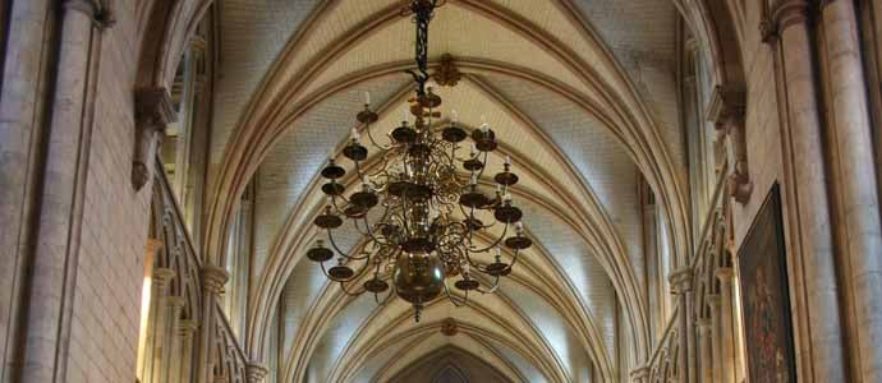Each cathedral is responsible for its own finances. Cathedrals are independent from the central institutions of the Church of England and from dioceses.
Cathedrals raise the funds necessary for them to fulfil their role as places of worship and mission (involving maintaining their buildings, supporting those in liturgical roles, clergy, musicians and lay staff, and enabling the cathedral buildings to be open to all every day of the year) from a variety of sources. These include:
- congregational giving,
- legacies,
- income from visitors,
- sums generated by trading activities,
- income from investments and property (for those cathedrals with such assets),
- monies donated in response to appeals and fundraising activity, and
- grants from the Church Commissioners. The Church Commissioners pay the stipends of three clergy at each cathedral and pay grants for employment costs of lay staff to cathedrals depending on need – those cathedrals with the lowest income from other sources receive most. Royal Peculiars do not receive any grant funding from the Church Commissioners.
Cathedrals benefit from the Listed Places of Worship Grant Scheme run by the Government, which gives cathedrals an amount equivalent to the irrecoverable VAT paid on repairs and approved alterations to the cathedral church.
